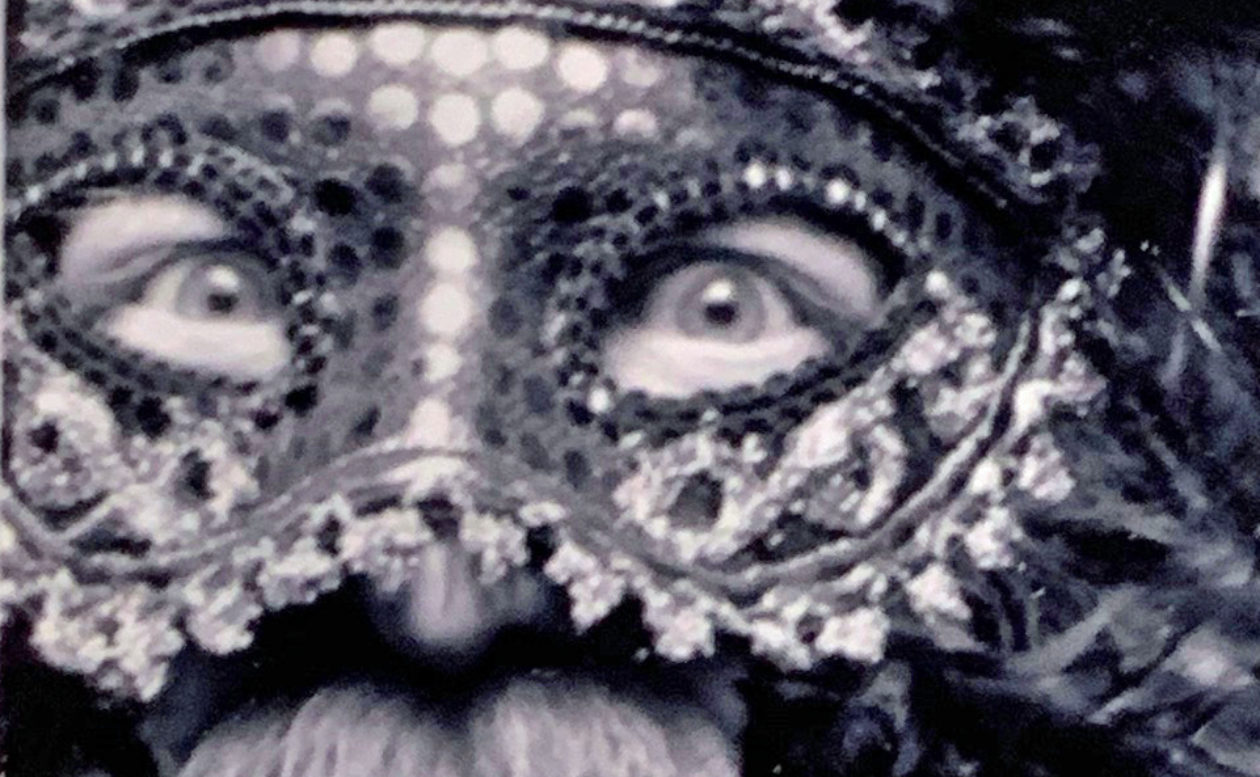
My grandfather said,
“Always buy the best tool you can afford,”
and
“Don’t try to get by with a substitute.”
He didn’t own a pair of vice grips.
He told me he couldn’t figure out what they were for.
Anything they could do, he had a better tool.
He had fixed-span wrenches, boxed and open,
he had crescent wrenches in seven sizes,
he had reversible ratchet sockets
and maple handled nut drivers.
He had left handed wrenches,
specialized wrenches bent at precise angles,
wrenches with heads gamboled on universal joints,
and everything duplicated in metric.
He had pliers but I was never to use them on bolts.
Pliers were for compressing spring clips,
twisting wire,
for replacing hose clamps
and breaking dried plugs out of the spout of the glue bottle.
He always used WD-40 as a solvent, never as a lubricant.
His son, my father, was born in 1928,
just in time for the Great Depression,
and those tools had fed Grandpa’s family for six years.
He could no more throw a tool away
than burn a fifty dollar bill.
He had dozens of screwdrivers.
Some had broken or chipped.
Grandpa ground them down,
reincarnated them with a shorter shank
or transmuted them into a scribe or an awl.
Sometimes, on overnights,
after supper,
while Grandma cleaned up the kitchen and washed the dishes,
Grandpa and I would go out to the garage.
On his immaculate workbench,
which must have weighed 800 pounds,
he would show me how to raise a wooden curl as fine as an eyelash
using a spoke shave,
or how to hack out wooden handles with a draw knife.
or how to build drawer slides with a matched pair of hand planes.
or how to sharpen a plane iron on a whetstone and
how to de-burr the edge with a strop .
He showed me how to use my thumbnail as a guide
for the kerf of the crosscut saw,
how to use a bow saw,
a coping saw,
a backsaw.
He looked over my shoulder while his bifocals slid down his nose.
The wire cage of the single bulb lamp shone from behind him.
The smoke from his Pall Mall curled up past an eye, an ear,
into the light and the wire cage.
He never, not once, said, “Wait until you’re older.”
